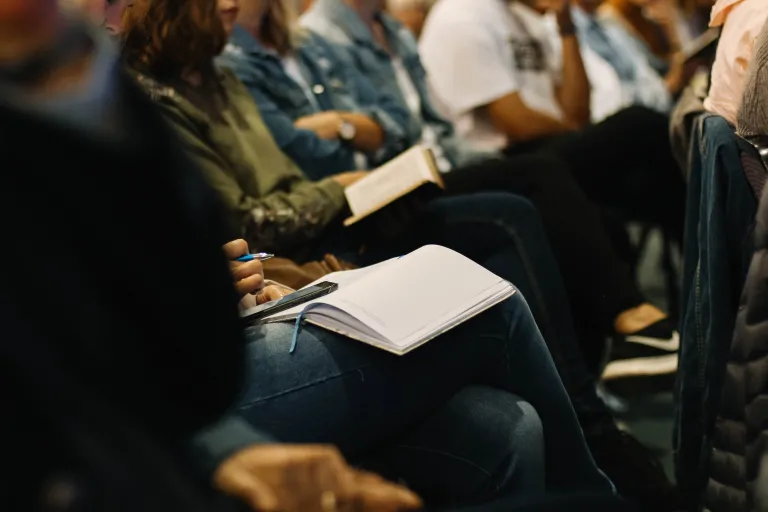
Relationships matter. But like many things in life, we do not all start on an equal footing. That’s why Relationships Education – the R in RSE – needs to be woven into the fabric of our schools. Here’s why…
Relationships Education is learnt every day in every interaction
We know we learn our values, beliefs and underlying assumptions at home, wherever that might be for us. But Harvard research also shows that our brains are wired by the relationships we experience and that are role modelled to us, for better or for worse. Whether intentional or not, these relational experiences influence our future physical and mental health, academic achievement, work, happiness, and life outcomes. While this brain development happens throughout our lives, it's in early childhood and adolescence when we see the most change and is the best opportunity to support that for the better.
An opportunity to bridge the gap
Beyond the home, our key opportunity to address inequality is at school. If we can equip everyone in the school community with the relationship skills that help us deal with what life throws at us, we can influence the life prospects for all children. By intentionally focusing on relationships in all areas of school life we can create communities where everyone can feel safe, valued and thrive.
More than just a lesson
Relationships Education should therefore never be about a single school lesson. Whilst as a standalone subject RSE is important, it's something that mustn't stop at the classroom door. It should recognise that we learn about relationships everyday by experiencing and witnessing them and must therefore be put into practice across the curriculum and beyond.
With the right support in place, meaningful relationships education is an opportunity for children and young people to develop the skills they need to have healthy relationships throughout their lives. They can become more empathetic, resilient, supportive, and respectful with one another. To achieve change, healthy and reliable relationships need to be lived and breathed by the whole school community.
A vital tool of support for schools
Relate and Family Links the Centre for Emotional Health, in partnership with practising educators and leading relationship organisations, used relationships research and education practice to help take action to transform children and young people’s relationships. The Principles of Excellence in Relationships Education and accompanying Reflective Practice Aid support school leaders to identify how they can continually improve relationships throughout the school and therefore the wellbeing of their community.
These tools can help them to appraise current performance and areas to improve relationships learning throughout the school community, ensuring that relationships education is meaningful and achieves impact.
Relationships Matter. If children can experience responsive and positive relationships in schools, they can then carry them into the wider communities they belong to. The best relationships education is undoubtedly a co-ordinated approach across school and home, encouraged by parent partnership with the school. Learning the relationship skills you need to thrive has been down to luck, but meaningful Relationships Education can help change that and should increase benefits for all children.